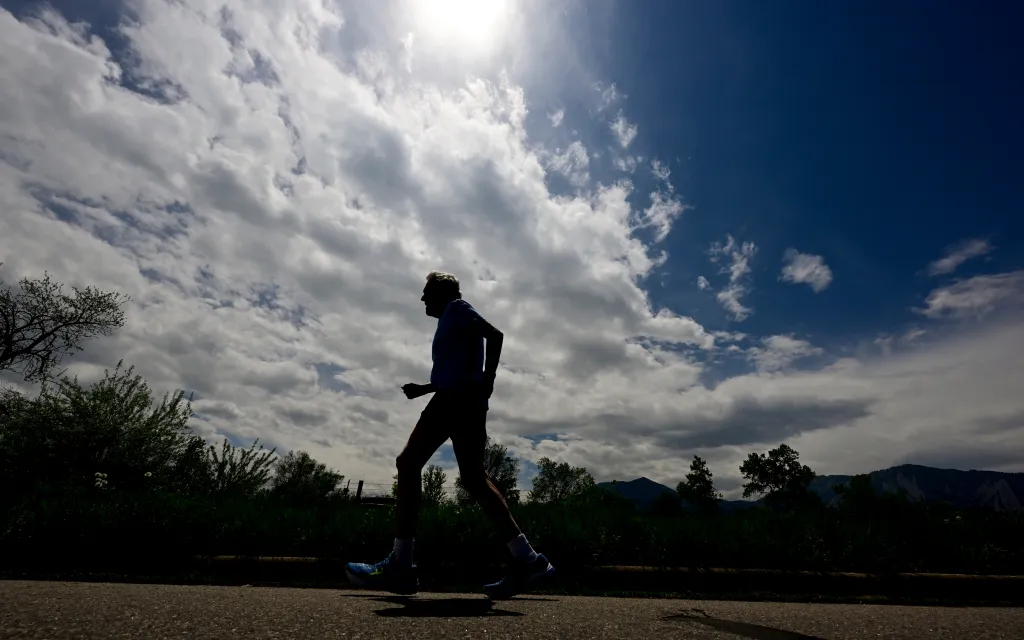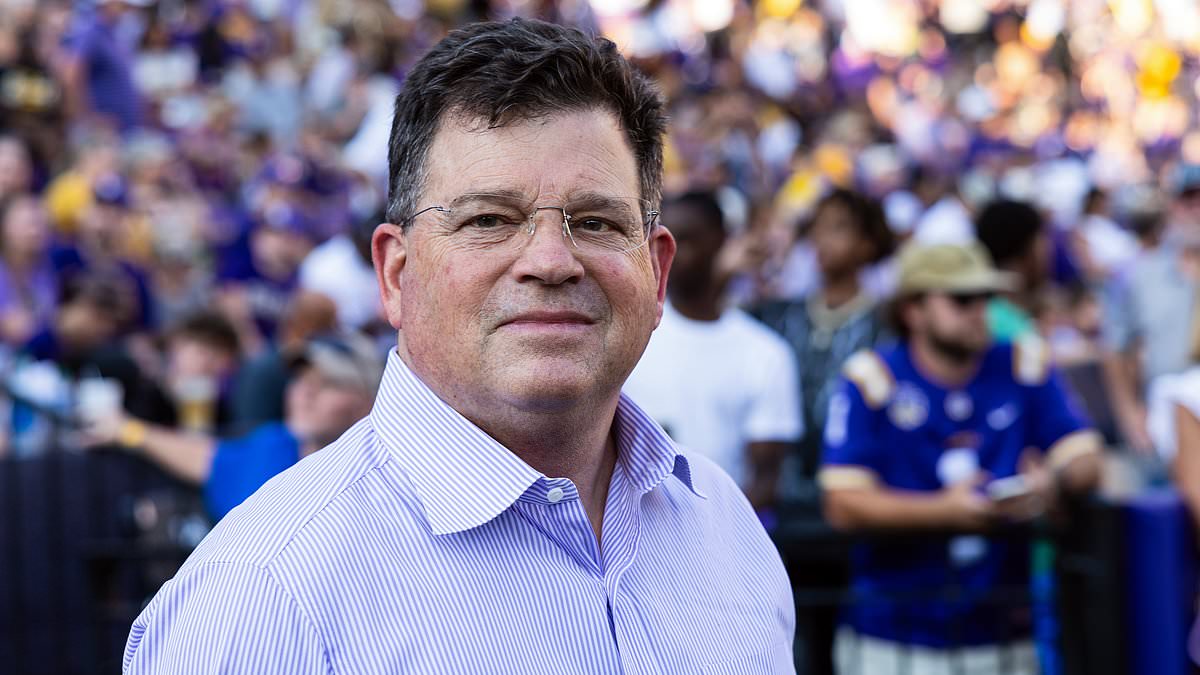Copyright Boulder Daily Camera

Age doesn’t creep up on you; it wakes you up. In the next few days, I’ll celebrate what some would call my semi-sesquicentennial or diamond jubilee birthday, of running, writing, learning and wondering how it went by so fast. But the older I get, the more I see that time doesn’t just pass; it shapes us. It presses and polishes, the way pressure turns carbon into something that lasts. Age teaches us what matters and what doesn’t, and it quietly silences the noise you never needed in the first place. I was born into a world of rotary phones and black-and-white televisions, when milk came in glass bottles and college athletes played for pride, not paychecks. Now I carry far more computing power in my pocket than NASA had to reach the moon. The world has changed beyond recognition, but maybe what matters hasn’t: our need for connection, for purpose and for one another. The older I get, the more I appreciate the people who walk through life with me, and the less I worry about the opinions of those who don’t. When I moved to Boulder 64 years ago, it was a small college town surrounded by farms and foothills. Faculty could buy a house near campus. A salesman, not just the owner, who worked at Perry’s Shoes on Pearl Street (before the mall), could own a home in Table Mesa. The University of Colorado was known more for geology and engineering than for football. The Flatirons looked the same, but everything else was smaller, slower, and simpler. Back then, progress meant building things you could touch: highways, schools, the space program. Today, progress is digital and invisible: algorithms, data, the cloud. We’ve traded the physical frontier for a virtual one. The world has moved from the mechanical to the informational, and our sense of community has shifted from neighbors to networks. Politics, too, have changed. The arguments were loud but local: water, zoning, schools. Now our debates come in from everywhere at once. We’ve gained access but lost restraint. Even college athletics, once a weekend diversion, has become a billion-dollar business where players have agents and coaches sign contracts longer than professors’ careers. The old idea that a university’s job was to educate feels almost quaint beside the modern sports economy. Yet not all change is loss. Medicine has given us years our parents never imagined. Information that once took a trip to the library is now a voice command away. The average Coloradan lives longer, travels farther and has more choices than ever before. And the older I get, the more grateful I am for those gifts, not because they’re perfect, but because they give us more time to spend with the people we love and to repair what needs healing. Every gain carries a shadow. We can communicate instantly with almost anyone, anywhere, but often struggle to connect with the person sitting next to us. Our lives are easier in almost every measurable way and yet more restless, more distracted. We’ve gained speed but lost patience. The world feels smaller and louder at once. Somewhere between the swipe of a mobile device, the click of a mouse and the buzz of a phone, the slow rhythm of daily life gave way to constant motion. In Boulder, we measure that paradox in our own backyard. The city that once prided itself on the Blue Line, open space and modest growth now debates density, affordability and identity. We’ve preserved the view but priced out the young and families. We cherish community yet build lives too busy to join one. Even the University, which once brought the world here, now spends much of its life online. Still, I don’t long for the “good old days.” Many weren’t so good for women, for minorities, for anyone outside the mainstream. The progress we’ve made toward equality and inclusion is real, hard-earned and worth celebrating. We’re better educated, more tolerant, more transparent about mental health and more aware of our shared planet than when I was born. The hardest thing age teaches isn’t how to keep up with change, it’s how to know what not to let go of. The essentials haven’t shifted; kindness still matters more than cleverness. Integrity still outweighs ambition. A walk with a friend still beats an argument online. And the older I get, the more I treasure simple things: the quiet mornings, the familiar trails, the friends who’ve stayed through every season. Every generation thinks the world is spinning faster, but time has always moved at the same speed. What’s different is how we spend it. I’ve come to believe that our attention — not money, not technology, not fame — is life’s true currency. Where we place it defines what kind of people we become. And the older I get, the more I try to spend mine on what lasts. If my generation measured success in houses, cars and job titles, the next will need to measure it in something rarer: focus, community and peace of mind. If we can teach them that, maybe these diamond years will have counted for something beyond survival. The Flatirons that watched over me as a student, a regent and a grandfather remind me that endurance doesn’t mean standing still. It means adapting without losing your core. The world I was born into is gone, and that’s as it should be. But the world I hope to leave behind, one where integrity, empathy and curiosity still guide us, is still worth working for. So, as I step into what football enthusiasts call the red-zone of my life, (within twenty yards of the end zone), I am not looking back with nostalgia but forward with gratitude. The older I get, the more I see that wisdom isn’t found in what changes, it’s found in what stays true. At seventy-five, you stop pretending you understand time and start realizing it has been understanding you all along. Jim Martin, still finding clarity in the shadow of the Flatirons, still racing 5K road races, old enough to know better and young enough to keep going, can be reached at jimmartinesq@gmail.com.



